12:50, 11/15/2023
BHG - With the spirit of "putting the past behind, overcoming differences, promoting similarities, and looking towards the future", the Vietnam - US relationship has overcome all barriers to become what it is today. The American imperialists invaded, suffered defeat, withdrew from South Vietnam in 1973, followed by the Great Victory in the spring of 1975, and then for the next two decades, the US continued to discriminate against Vietnam. The Vietnam - US relationship froze and was often in a state of embargo and tension... However, thanks to a creative foreign policy with a modern mindset, our Party has brought the "object - partner" relationship to move and change in accordance with the specific situation and conditions according to the motto: "With the unchanging, adapt to all changes".
Realizing that after the US withdrew its troops, the most difficult problem was the prisoners and missing Americans. With the tradition of humanity, tolerance, and overcoming its own pain, just 2 weeks after the Paris Agreement was signed, the Vietnamese Government established the "Vietnam Agency for Searching for Missing Persons" to proactively and preside over the problem of searching for Americans missing in action in the Vietnam War (MIA). Faced with the US Government's heavy burden of war syndrome, several successive Presidents (J.Carter, R.Reagan, G.Bust) opposed every step taken by Vietnam. Despite that, in the 80s of the 20th century, Vietnam searched for and returned 302 sets of remains to the US.
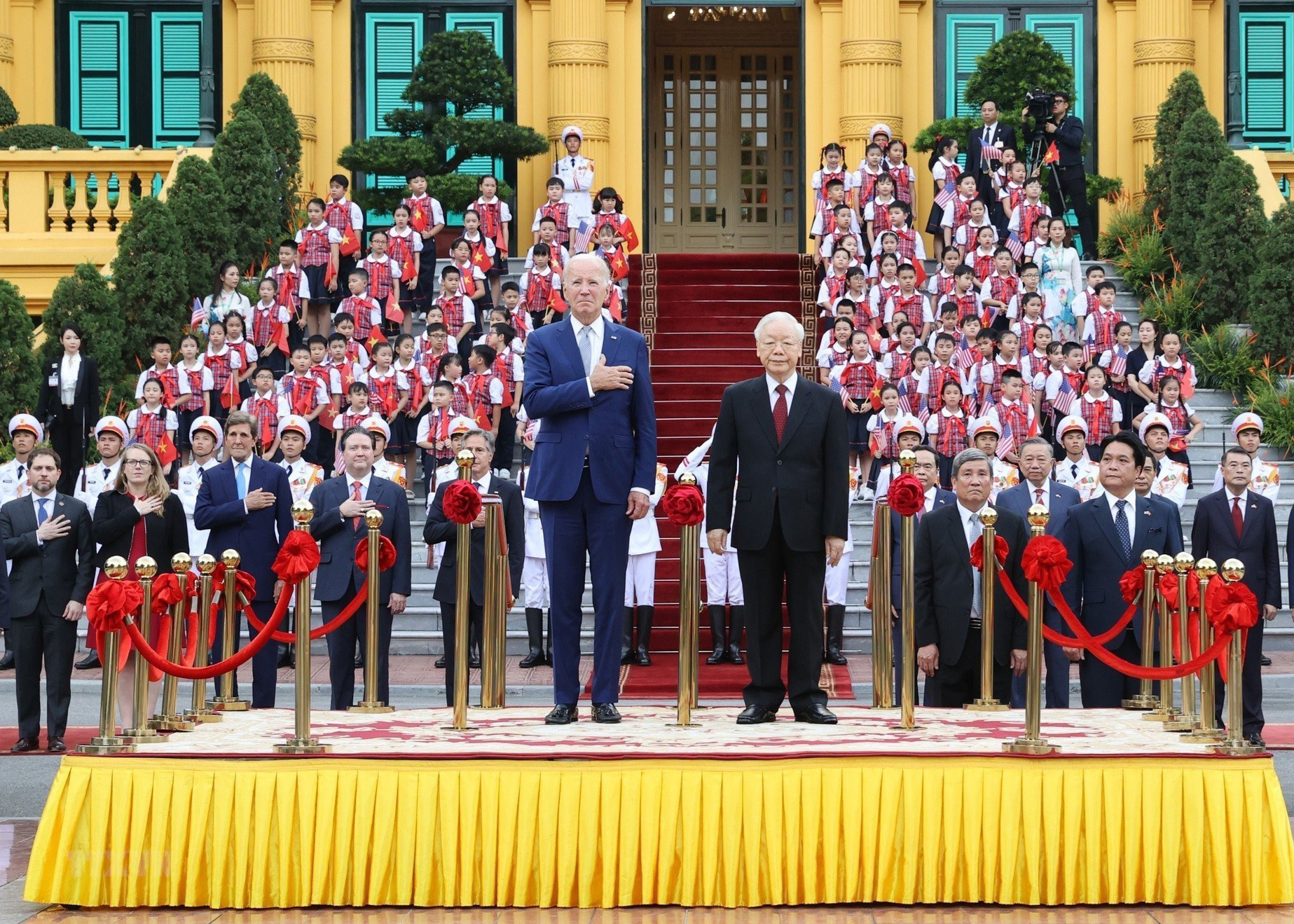 |
| General Secretary Nguyen Phu Trong presides over the welcoming ceremony for President Joe Biden (September 2023) |
It is thanks to that reality, with the efforts and goodwill, with the great compassion of Vietnam, that the United States agreed to sign with Vietnam the General Agreement (September 25, 1988) on organizing joint activities, confirming MIA activities in 6 northern provinces. In 1991, the MIA Office was established, officially becoming the first agency of the US government to cooperate with Vietnam in searching for missing Americans. To date, after 35 years, the two countries have completed 156 joint activities, conducted 160 rounds of repatriation of remains, and handed over 734 US soldiers missing after the war.
It was Vietnam's efforts in the MIA issue that initiated the cooperative relationship between the two countries, creating conditions for US President B. Clinton to declare the lifting of the trade embargo against Vietnam (February 3, 1994), moving towards the normalization of diplomatic relations between the two countries (July 12, 1995).
The search for missing soldiers has expanded to the field of bomb and mine clearance as well as the US's responsibility for the consequences of Agent Orange and people contaminated by dioxin in Vietnam. The US has taken responsibility and coordinated with Vietnam to implement a number of projects due to the consequences of Agent Orange, including major projects such as dioxin detoxification at Da Nang airport, continuing to be implemented at Bien Hoa airport; a project to support the improvement of the quality of life for people with disabilities due to Agent Orange; a communication project on overcoming the consequences of bombs, mines, and toxic chemicals after the war, etc.
It can be said that after 50 years of US withdrawal from Vietnam and 28 years of normalizing diplomatic relations through many ups and downs, but with goodwill and a flexible and unique foreign policy, Vietnam and the United States have gradually normalized diplomatic relations, moved towards a comprehensive partnership in 2013 and after 10 years have become a comprehensive strategic partnership for peace, cooperation and sustainable development. That is the result that, as General Secretary Nguyen Phu Trong affirmed: "The relationship between the two countries has developed dynamically, continuously and increasingly deeply, going through many important milestones of development".
So far, the most important milestone is the State visit of US President Joe Biden (September 2023) with the leaders of Vietnam and the United States issuing a Joint Statement upgrading relations to a comprehensive strategic partnership for peace, cooperation and sustainable development. In the current situation, it can be said that this is a strong testament to President Ho Chi Minh's wish that the two countries "fully cooperate" and the development of Vietnam's diplomatic thinking in a synchronous and comprehensive manner with three pillars: Party diplomacy, State diplomacy and People's diplomacy.
It is rare and up to now there has been no event in the world like the event of the US President accepting the invitation of the General Secretary of the Communist Party of a small country that led the resistance war to defeat him to visit at the State level. In some ways, this procedure is also special, because the President of a country must correspond to the President or Chairman of another country, not the General Secretary of the Party even though it is the ruling Party. Moreover, the two delegations of the two countries held talks and issued a Joint Statement at the Office of the Central Party. This event follows the event in 2015 when the US President invited the General Secretary of the Communist Party of Vietnam to visit and receive him at the White House, which is unique and creative, adding to the theory of Party building on foreign policy through dialogue and cooperation in the Party-State channel of the ruling Communist Party in new conditions and situations.
Up to now, there are only 4 countries: Russia, China, India, South Korea and the US is the 5th country that is a comprehensive strategic partner with Vietnam (out of 31 countries with comprehensive strategic partners, strategic partners, comprehensive partners). The visit and signing of the Joint Statement between the US President and the General Secretary of the Communist Party of Vietnam on the occasion of the 20th anniversary of the establishment of the comprehensive partnership between the two countries, once again the US affirmed its respect for Vietnam's political system, respect and recognition of the sole leadership of the Communist Party of Vietnam, respect for Vietnam's independence, sovereignty and territorial integrity; continue to handle differences in the spirit of mutual understanding and respect.
The relationship between the two countries has developed well in the context of peace and cooperation being the dominant trend in the region and the world, but currently there are many complicated changes taking place and still hidden, so the Vietnam - US relationship still needs to pay attention to the existing problems arising from the political system, the difference in development level, especially in the face of sabotage by hostile forces and the plot of "peaceful evolution". Currently, the issues of democracy, human rights, religious freedom, pluralism, and multi-party are still sensitive areas that are hindering the bilateral relationship. In addition, although the strategic trust between the two sides has been strengthened, it is not high and not really sustainable; there are still differences, especially in the face of the rapid, extremely complex and unpredictable changes of the current world and regional situation, which have a significant impact on the two countries with different political systems and regimes.
In order for the Vietnam - US relationship to develop steadily and substantially in the face of any developments, the best way is for the two sides to continue to have constructive and frank dialogue, strive to overcome differences and existing problems, and respond flexibly so as not to affect development. There needs to be a roadmap to implement the Joint Statement on upgrading the Vietnam - US relationship to a comprehensive strategic partnership, developing bilateral relations in order of priority cooperation. Considering the fields of economy, trade - investment, science - technology, education - training as the top focus; defense - security as the driving force to promote and maintain peace and stability in the relationship between the two countries as well as the region and the world.
With the goodwill of both sides, mutual understanding and respect, respect for history, continue to strengthen strategic trust, put aside differences that harm each other to move forward together. Believe that with the potential and position of Vietnam, we will cooperate bilaterally with the United States in a multipolar world to bring practical benefits to both countries in the face of all developments in the regional and international situation.
Hoang Duy
Source










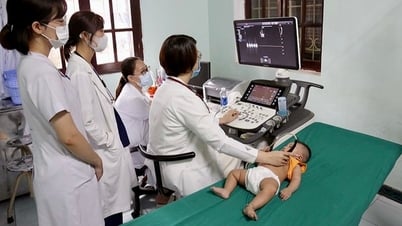

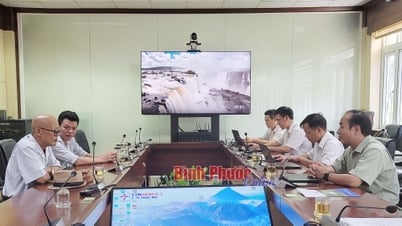





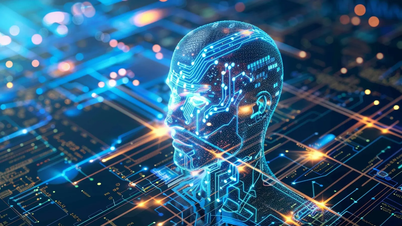

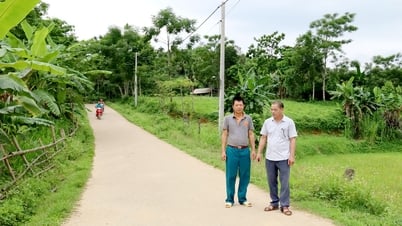

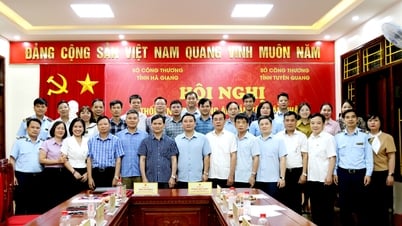
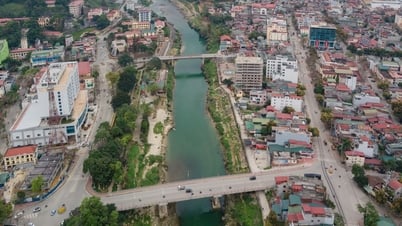
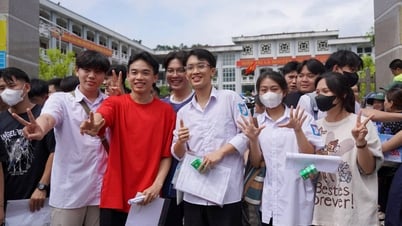
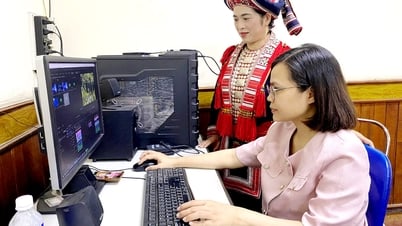
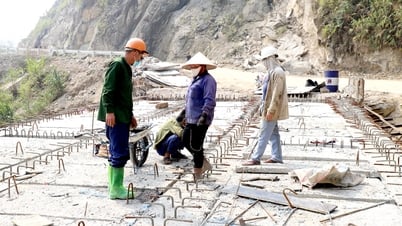









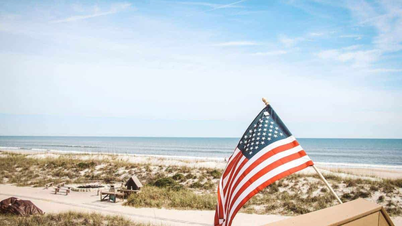



















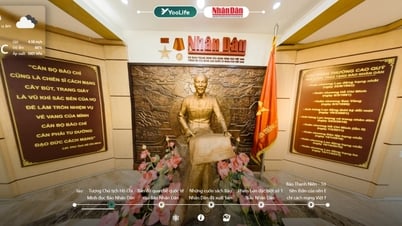

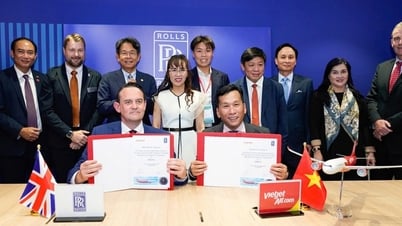

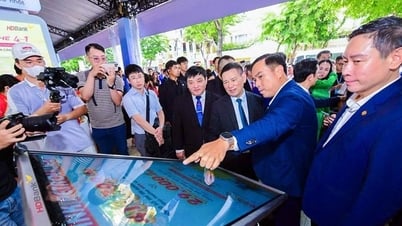

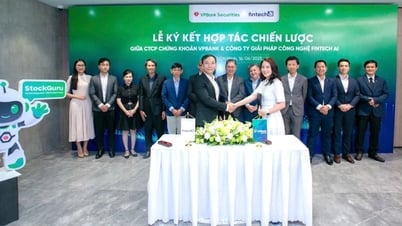
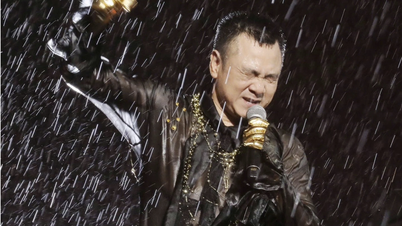
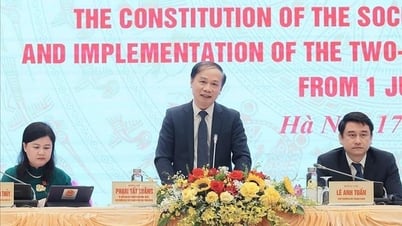

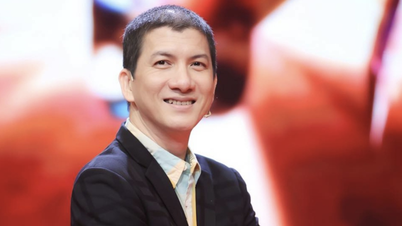



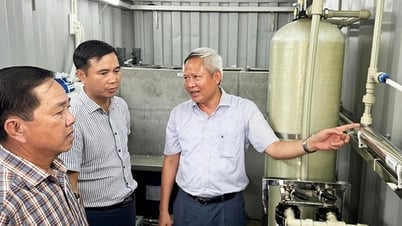

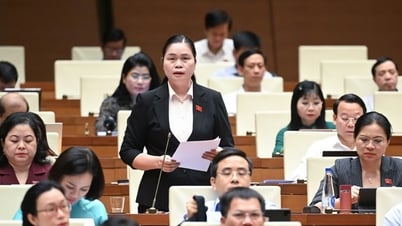
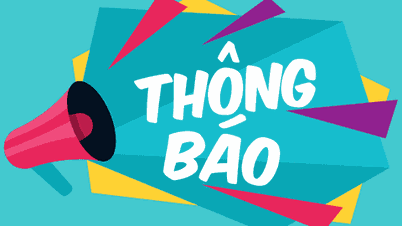

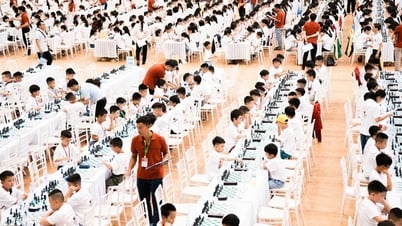
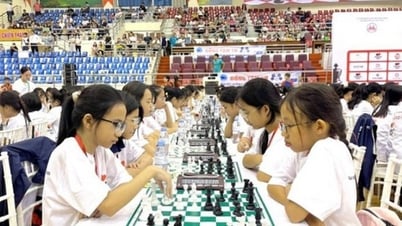

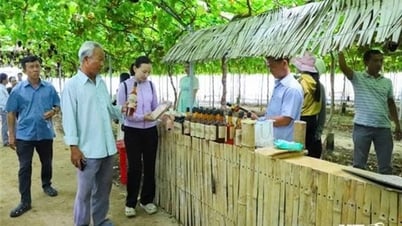

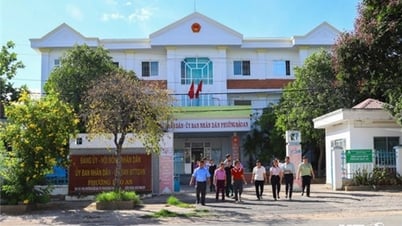
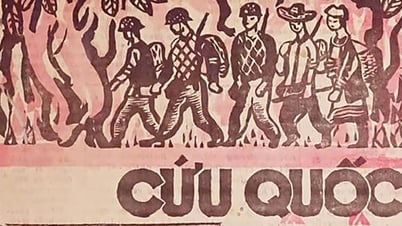

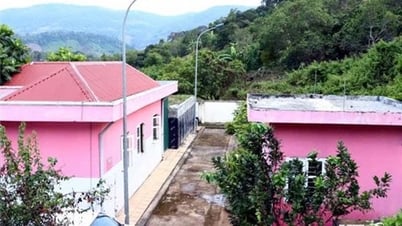
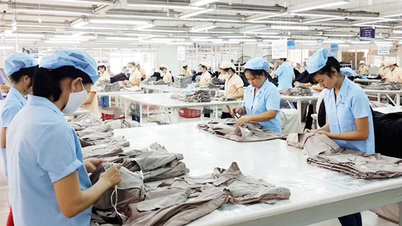

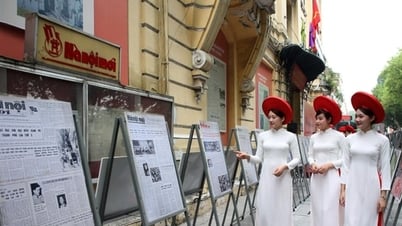













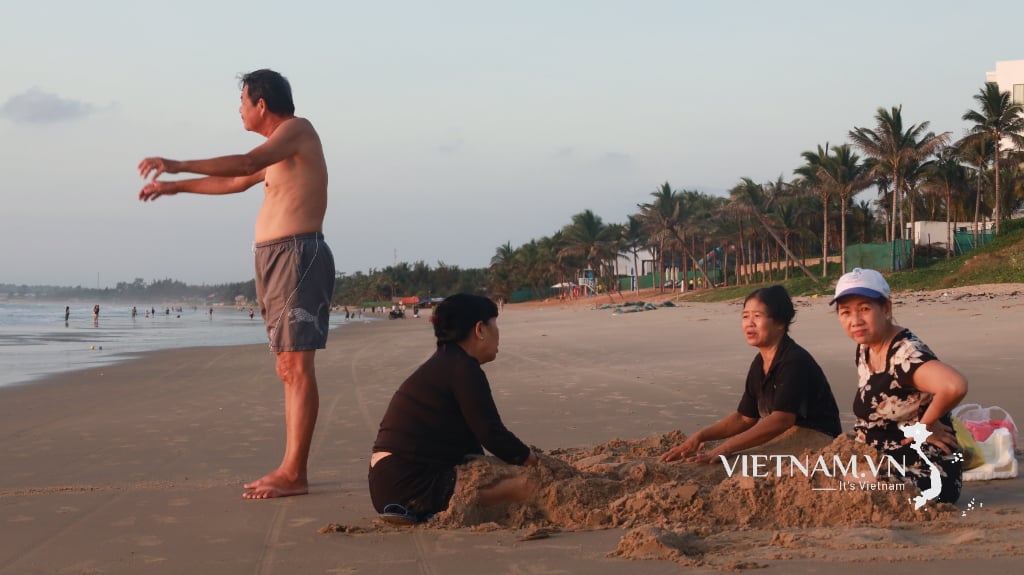

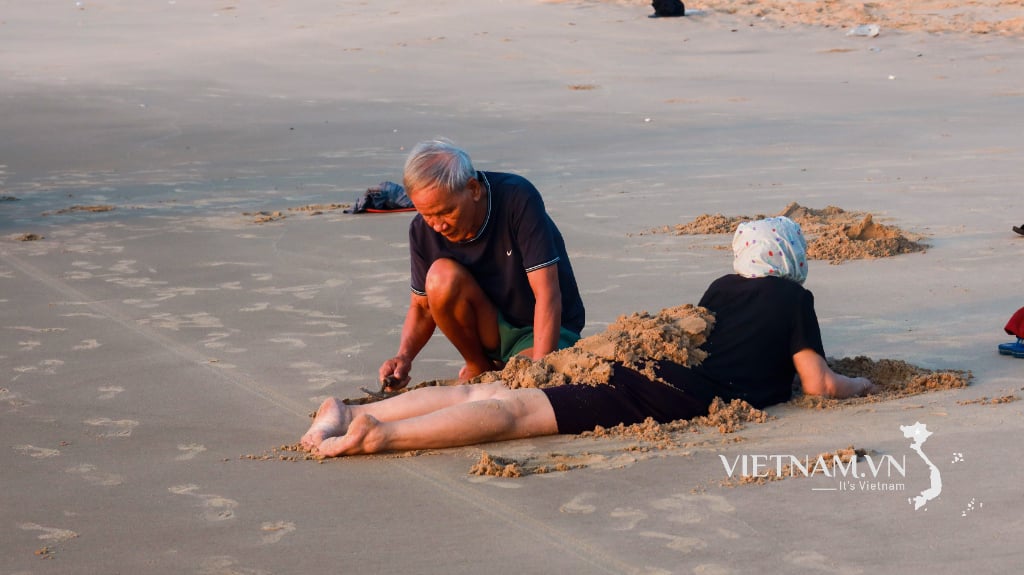

Comment (0)